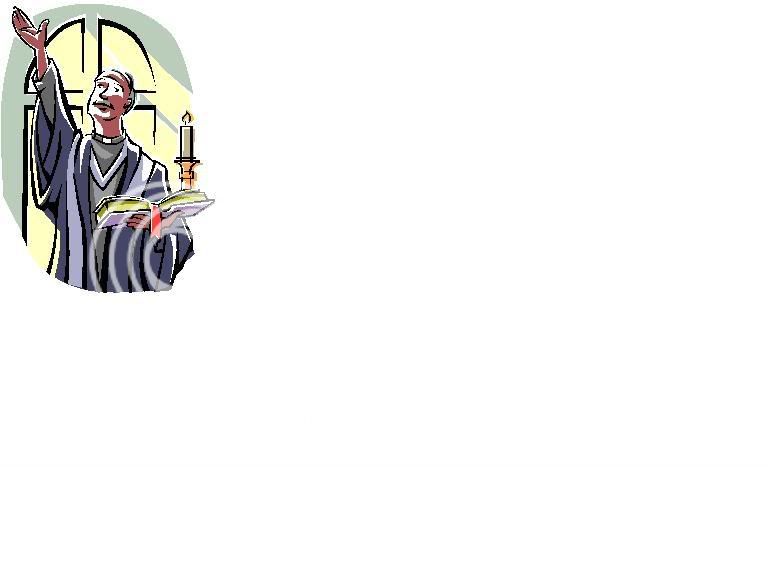Gr8 River Road: Genoa's Bluffside Cemetary Multi-Cache
Gr8 River Road: Genoa's Bluffside Cemetary
-
Difficulty:
-

-
Terrain:
-

Size:  (small)
(small)
Please note Use of geocaching.com services is subject to the terms and conditions
in our disclaimer.
If you follow Eagle Lane to the end of the road, past a beautiful
historic church, you will come to a terraced cemetary, that was
placed on the bluff, overlooking the church, and the river below.
Great scenic vista here.
The posted coordinates take you to a large stone of the Right
Revererend Monsignor A. Ph. Kremer, who was apparently greatly
loved by his congregants. His stone is at the top terrace, and the
view from there of the church below is fantastic.
The final cache is up the hill a short distance, and can be found
at the following coords:
43.34.ABC
91.13.DEF
A = 2
B = The month of the Monsignor's birth.
C = The fourth digit of the year of the Monsignor's
ordination.
D = The date of the Monsignor's ordination, divided by 8.
E = The fourth digit of the Monsignor's year became the pastor of
this area.
F = 8
If you are interested in the history of the Monsignor whose stone
you are visiting, please read on, as I was lucky enough to find
some of his writings, when I Googled his name. If you just want the
cache, sans history, you can ignore the following interesting
pastoral teaching from the late 18th century.
THE GENOA PARISH, WALWORTH COUNTY
REV. A. PH. KREMER
THERE can be no doubt of the fact that a closer union of the
country population will not only make life in the country more
attractive, but will also stimulate mental development and promote
Christian charity. From the standpoint of mental and moral
advancement, the country church is the most prominent factor in
uniting people whose homes are often miles apart. By reuniting
them, it brings them into closer contact with one another, thereby
creating social life of a high standard and fostering the social
intercourse so iiecessary to the average man.
Let me say now that I consider it a great misfortune that the
members of a parish should be brought together only for the purpose
of raising money for church purposes. There should be gatherings
whose object is not replenishing the church treasury.
The parish has five distinct means of bringing people together.
The first of these is the parish school. Children living in various
school districts meet daily in the school-room and thereby
naturally extend the horizon of their friendships along broader
lines. All school festivals bring in the parents of these children,
thus one common interest unites both parents and children. After
the school years are over the boys and girls join the junior
divisions of the young people's societies. Once a month they hold
regular meetings, listen to conferences adapted to their conditions
of life, arrange little social affairs, and, when old enough, are
admitted into the young men's or young women's sodalities. The
church is the real social center for these young people. They
furnish the material for the choir and the dramatic club. Once a
month they meet for the purpose of mental and spiritual culture;
they have a circulating library of choice books. Every Sunday after
Mass the librarian is at hand to give out books, and as the young
people meet here they naturally speak of the merits or shortcomings
of the books they have read.
Church parties and spreads are arranged at times, when the young
people — practically all of them — meet and spend an afternoon or
evening in the most pleasant manner, without any other thought than
that of giving and enjoying what they call a "jolly good
time."
The married people meet once a month for moral improvement, and, at
odd times during the year, for social pleasure. I remember one
occasion on which the married ladies were the guests, and the
married men the hosts. It would have done your hearts good to have
seen these sedate men, decked in the uniforms of waiters and cooks,
receive their guests, seat them, and wait on them in the most
solemn manner.
Once a year a picnic is held ; the whole congregation, neighbors
and friends meet in the forenoon and spend the whole day in any way
they choose. The men sit together, smoke, and talk politics and
farming; the married women sit in groups with their babies playing
around them, exchanging views on every topic. The young people play
ball, tennis, bean bag, or any other game their fancy suggests,
till the declining day reminds them of the races.

Additional Hints
(Decrypt)
Ybbx sbe n ovepu gerr.